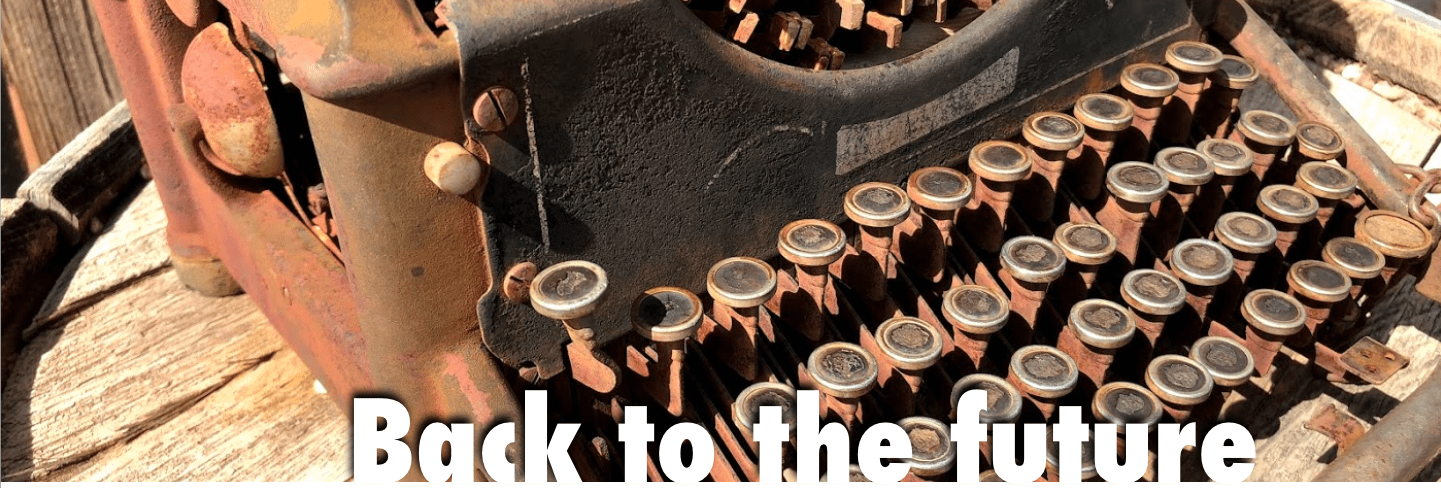There have been many requests for the first chapter of the TPACK Handbook (recently published by AACTE & Routledge). Below is the summary and a link to the pre-publication version.
Koehler, M.J., & Mishra, P. (2008). Introducing TPCK. AACTE Committee on Innovation and Technology (Ed.), The handbook of technological pedagogical content knowledge (TPCK) for educators (pp. 3-29). American Association of Colleges of Teacher Education and Rougledge, NY, New York. (
Summary: In this chapter we describe Technological Pedagogical Content Knowledge (TPCK) as a framework for teacher knowledge for technology integration (Mishra & Koehler, 2006). This framework builds on Shulman’s construct of Pedagogical Content Knowledge (PCK) to include technology knowledge. We argue that the development of TPCK by teachers is critical to effective teaching with technology. We emphasize teacher knowledge because we view the teacher as an autonomous agent with the power to significantly influence the appropriate (or inappropriate) integration of technology in teaching. In keeping with the goal of this volume (that of situating the idea of TPCK in the realm of teacher education and teacher professional development, and investigating how it differs by content areas) we explore the parameters of the TPCK framework within and between multiple curriculum areas, as well as in varying teaching and learning contexts.
We begin with a brief introduction to the complex, ill-structured nature of teaching. We consider the nature of technologies (both analog and digital), and how the inclusion of technology in pedagogy further complicates teaching. We propose to view teaching with technology as a “wicked problem” (Rittel & Webber, 1973), in which teaching is viewed as a highly complicated form of problem-seeking and problem-solving that derives from flexible and integrated bases of knowledge. We offer our TPCK framework for teacher knowledge in detail, as a complex interaction among three bodies of knowledge: Content, Pedagogy, and Technology. We describe how these bodies of knowledge interact, in abstract, and in practice, to produce the type of flexible knowledge needed to successfully integrate technology in the classroom. Finally, we argue that the complexity of developing and applying TPCK suggests that a greater emphasis should be placed on the idea of teachers as “curriculum designers.”


Hello, Good Morning, I am Mia Aina From Universitas Jambi, Indonesia. I am a leture at Jambi University, now i am a postgraduate Doctoral student of Education at Jambi University.
My Disertation is about TPACK of Biology Teachers . I am interest about TPACK.
Kind regards
Good afternoon and happy new year dear all. I will like to joint your team because I’m trying to study TPACK framework applied in my school environment in Cameroon. Just that I’m more french speaker than English. I’ve been graduated from Higher teacher’s training college for Technical education (ENSET) in mechanical engineering and now I’m a post graduated student in ICT University, Yaoundé-cameroon campus, studying ICT. for my end of course project I’m examining ICT and computer science teacher’s knowledge for ICT integration in secondary education. I’m a leader of an association named Industrial Leadership (ILead) and I will like to collaborate with you through this organization to enhance TPACK framework in my environment.
Noha, To learn about TPACK you should visit the tpack.org website, sign up for the TPACK newsletter, check out my website (just search for TPACK on the search field at the top of the page). You will get lots of information. ~ punya
Dear sir,
How do you do?
I like to know any news about TPACK..
Could I?